- Johnson Controls
- Building Insights
- Digital transformation and funding innovations
Digital transformation and funding innovations: The top trends at P3, CAPPA, CACUBA, and beyond
Russell Garcia contributed to a panel discussion at the P3 Higher Education Summit, sharing how today’s campus leaders can utilize innovative funding models to create a sustainable campus and a better student experience.

By Russell Garcia
Director, Higher Education, Performance Infrastructure™, Johnson Controls
This fall was a busy time of year for the higher education industry, with seven events across North America occ urring over a whirlwind five weeks. These events – including CAPPA Annual Conference, CACUBA Annual Meeting, P3 Higher Education Summit, Big Ten & Friends Conference, ERAPPA, CACUBO Annual Meeting and EACUBO – provided us the opportunity to lead educational sessions, join thought leadership discussions and network with peers. At every event, it was clear there is an industry-wide effort to improve the student experience through thoughtful campus improvements.
urring over a whirlwind five weeks. These events – including CAPPA Annual Conference, CACUBA Annual Meeting, P3 Higher Education Summit, Big Ten & Friends Conference, ERAPPA, CACUBO Annual Meeting and EACUBO – provided us the opportunity to lead educational sessions, join thought leadership discussions and network with peers. At every event, it was clear there is an industry-wide effort to improve the student experience through thoughtful campus improvements.
Funding innovations for improved student experiences
During our session at the P3 Higher Education Summit, we highlighted how engaging in the right funding model allows institutions to deliver a modern and sustainable campus while providing students and faculty with better learning experiences. Whether that’s a Public-Private Partnership (P3), or another model such as Design, Build, Finance, Operate and Maintain (DBFOM) and Performance Contracting, these approaches give universities the ability to make campus improvements without delay, using the resulting savings to offset the project’s costs.
During our session at the P3 Higher Education Summit, we highlighted how engaging in the right funding model allows institutions to deliver a modern and sustainable campus while providing students and faculty with better learning experiences.
University of North Dakota’s campus transformation
At the CAPPA Annual Conference, I had the pleasure to join Mike Pieper, Vice President of Facilities at the University of North Dakota (UND) to deliver a presentation on the campus’ recent transformation in partnership with Johnson Controls. UND’s upgrades included state-of-the-art, energy-efficient equipment. By reducing energy costs, this ultimately allows the institution to reinvest spending towards the student experience. By utilizing a P3, the campus is replacing their century-old steam plant with a modern, highly efficient central energy plant, as well as lighting and heating and cooling systems. These improvements are part of UND and Johnson Controls commitment to provide a better learning experience.
The rise of the digital transformation in higher education
While speaking at the CACUBA Annual Meeting in Minneapolis, Minnesota, the rise in the digital transformation of data proved to be a sweeping theme. Now more than ever before, colleges and universities are recognizing the value in digitizing raw operational data, especially when tackling infrastructure expansion and modernization. Leveraging this digital data allows campus leaders to make confident, informed and strategic decisions, further enabling necessary campus updates and addressing the evolving needs of students.
Following the conferences, it’s clear that innovative funding models and digital transformation are top of mind for the higher education industry. I’m confident that today’s colleges and universities are ready to implement these technical and funding solutions, as they are expanding faster than ever before and have realized the importance of cutting energy costs, reducing the carbon footprint, and providing students with the best experience possible.
Related Items
Higher Education
We develop student housing and smart learning solutions to facilitate an effective learning environment for better student engagement.
Building Automation and Controls
Johnson Controls building automation systems are the foundations of modern building energy management efficiency.
Digital Solutions
Johnson Controls Digital Solutions connect buildings and occupants to actionable insights and detailed data for comfort and safety.



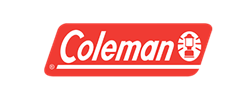




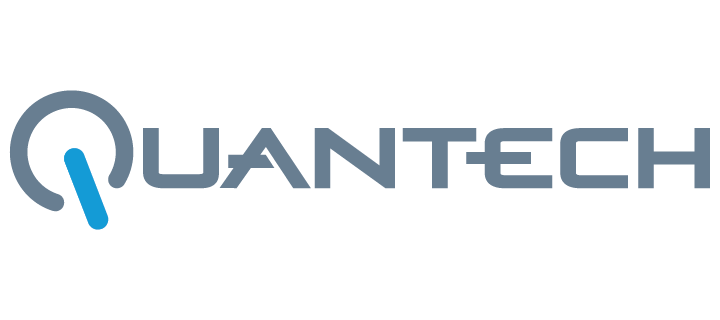
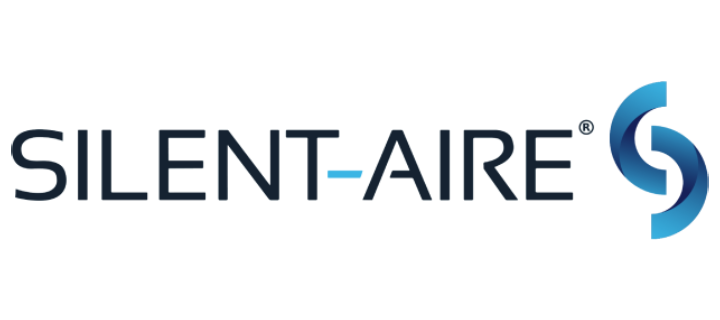
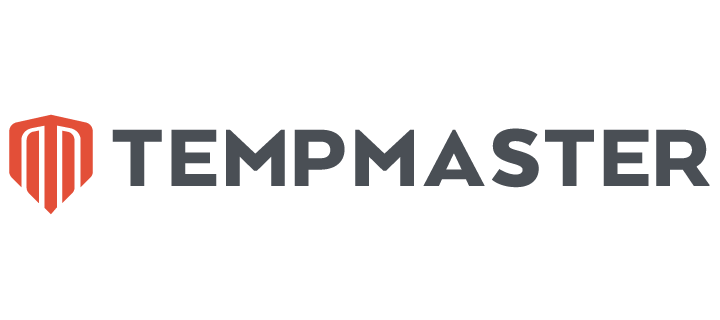

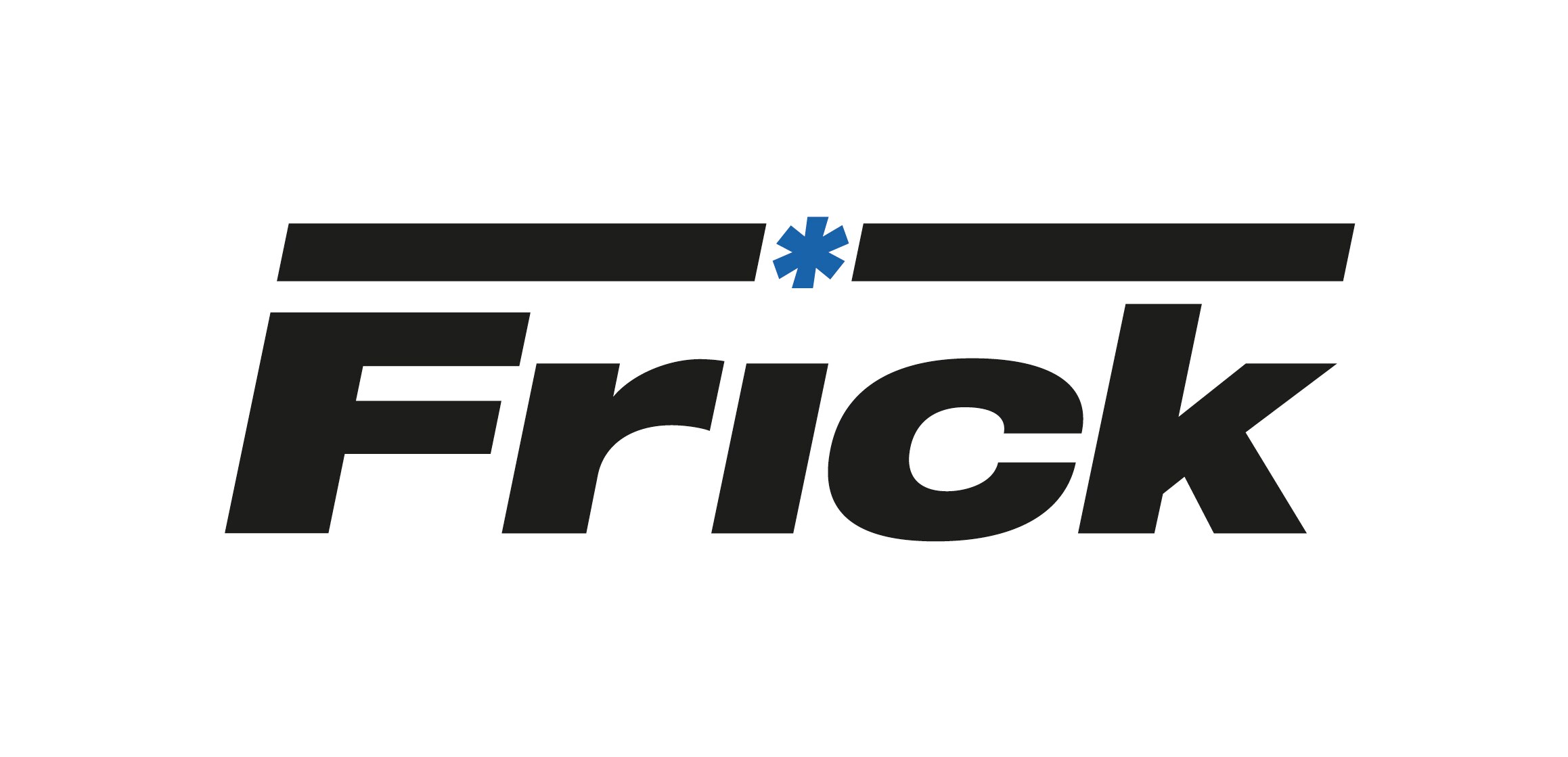
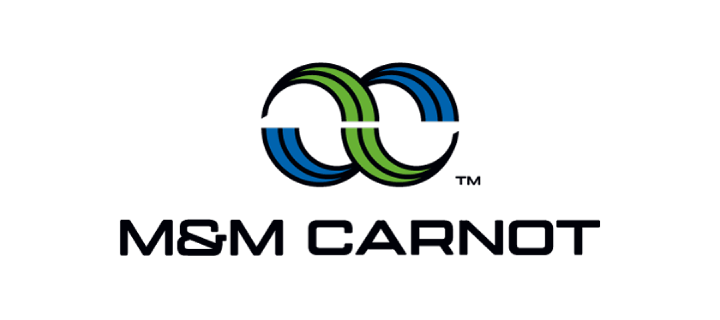

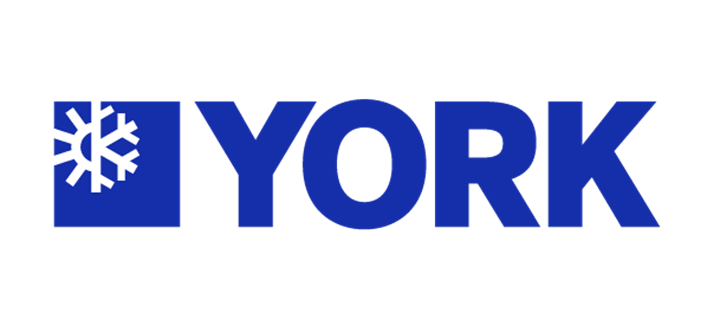
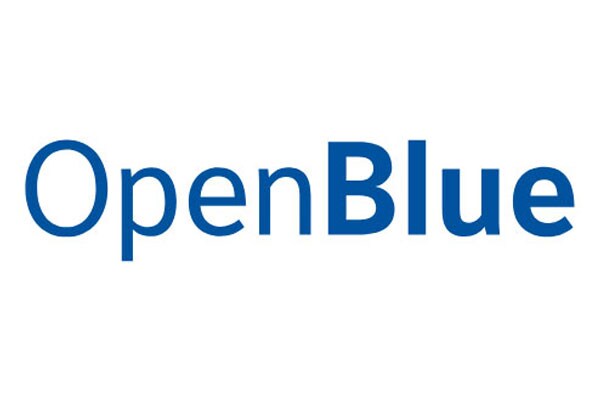
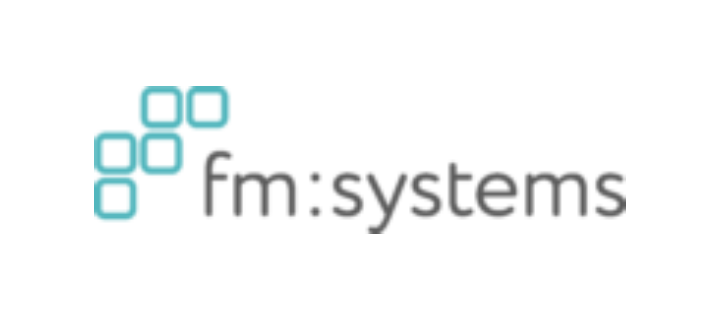



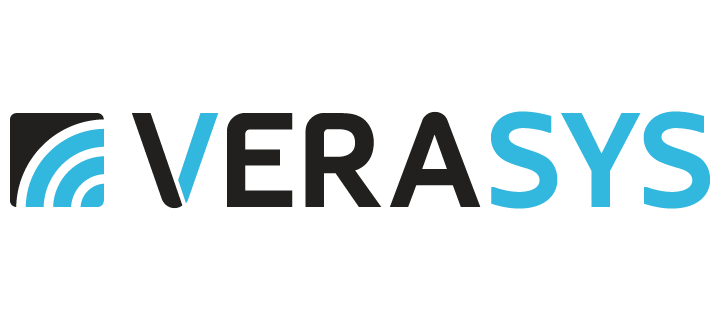
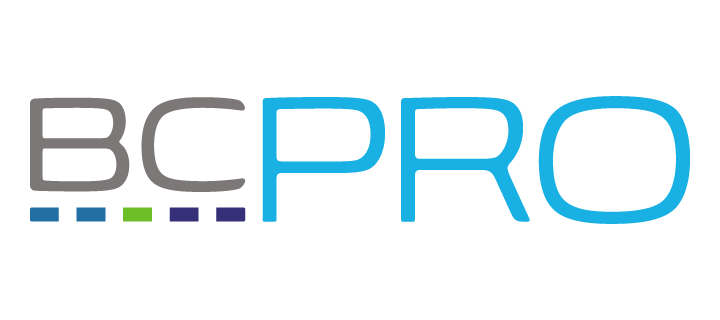


.jpg?la=en&h=320&w=720&hash=244C75B74F0F77521D56164450973BCD)
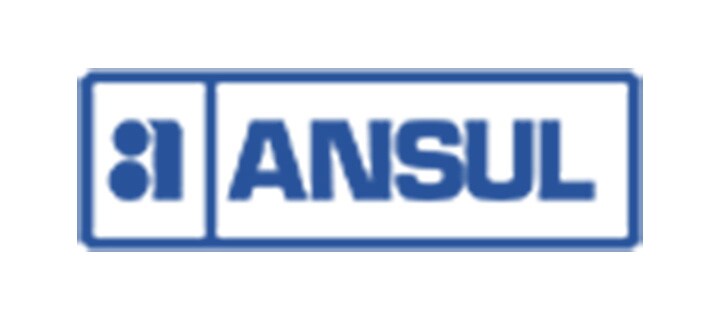
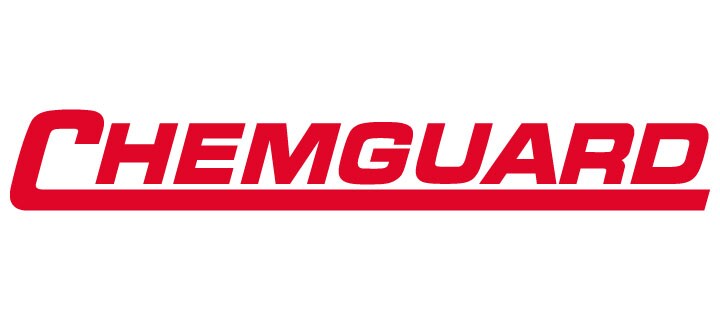
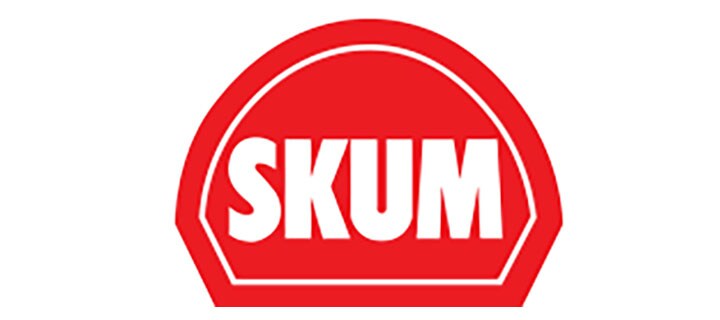
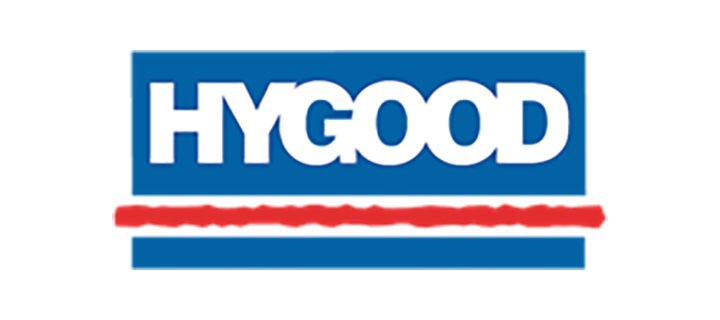
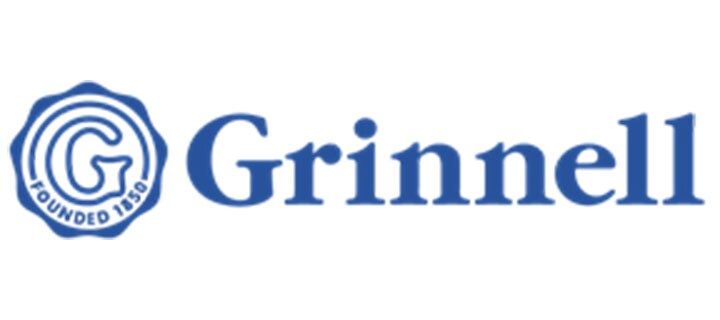
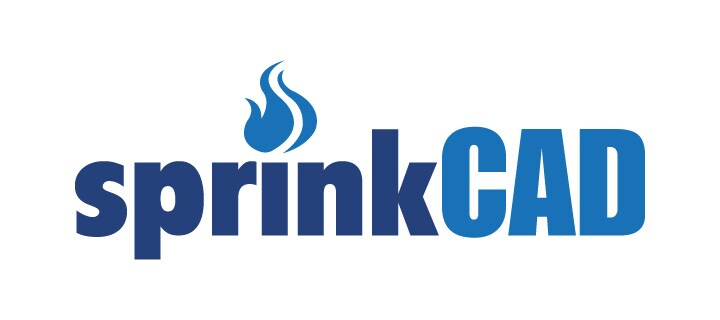
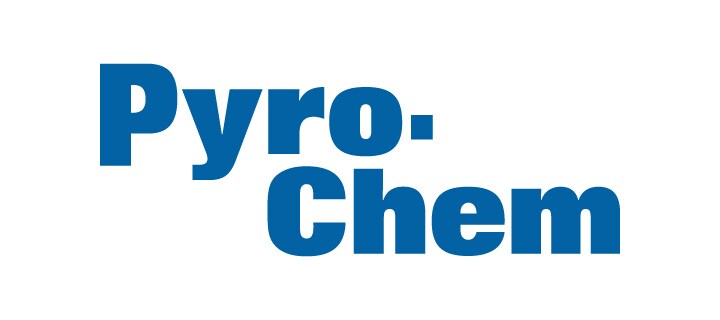
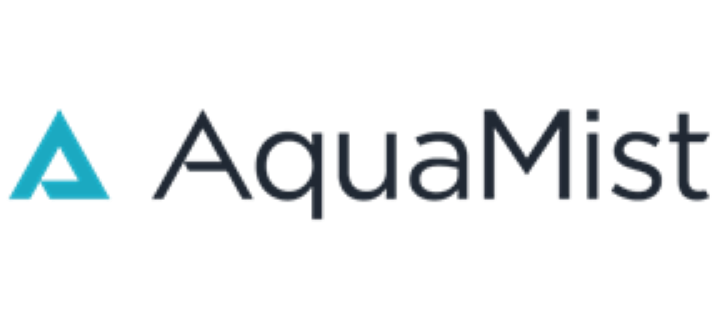



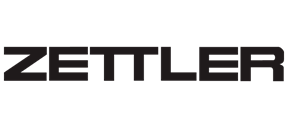
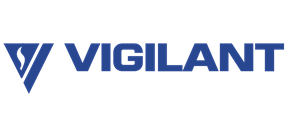
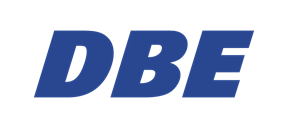
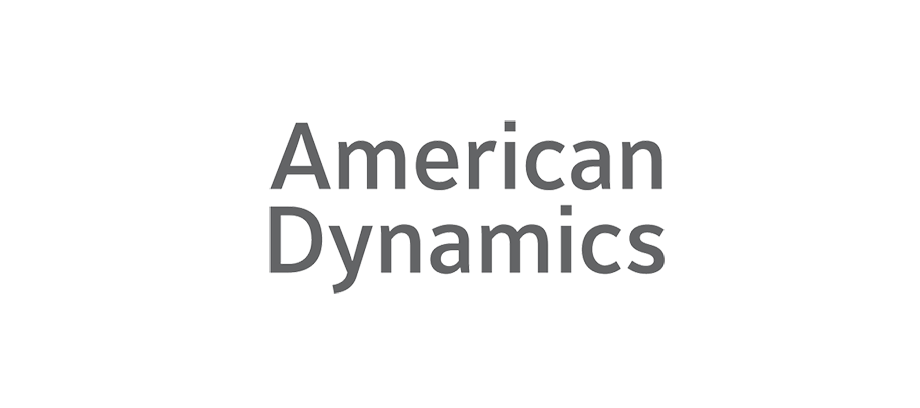



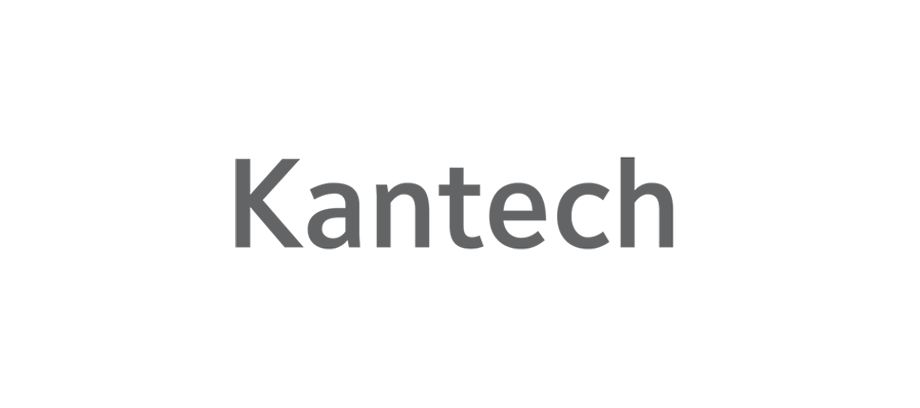
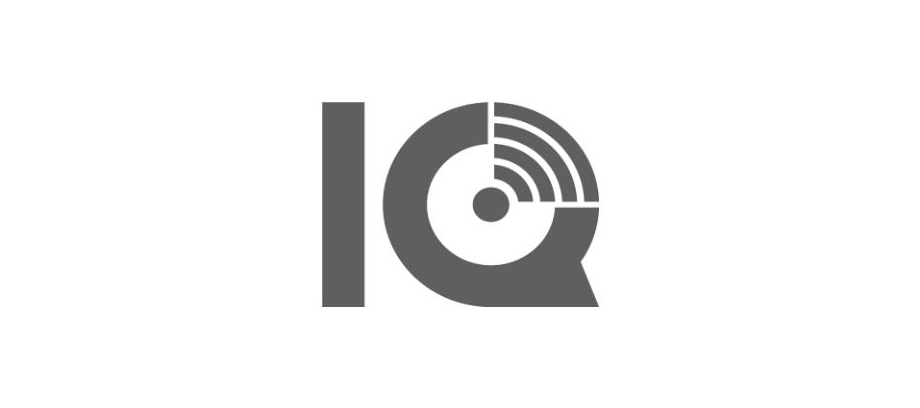
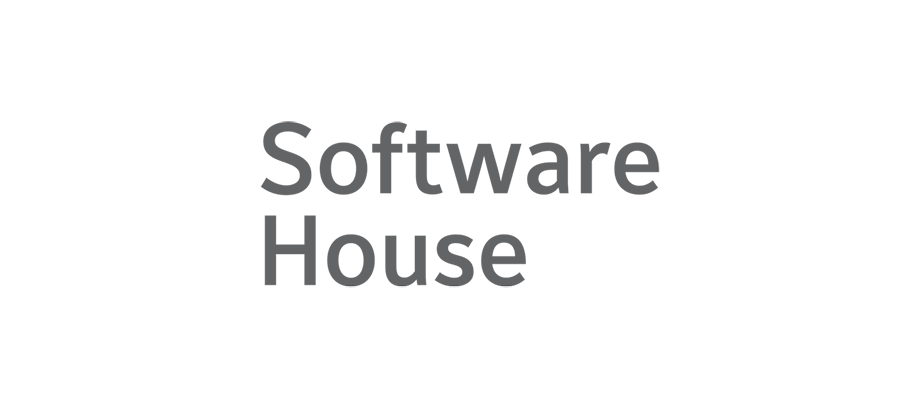

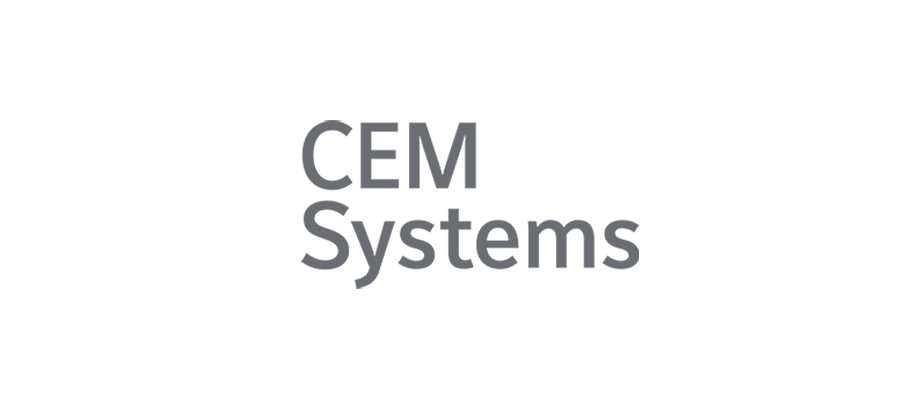






.png)











